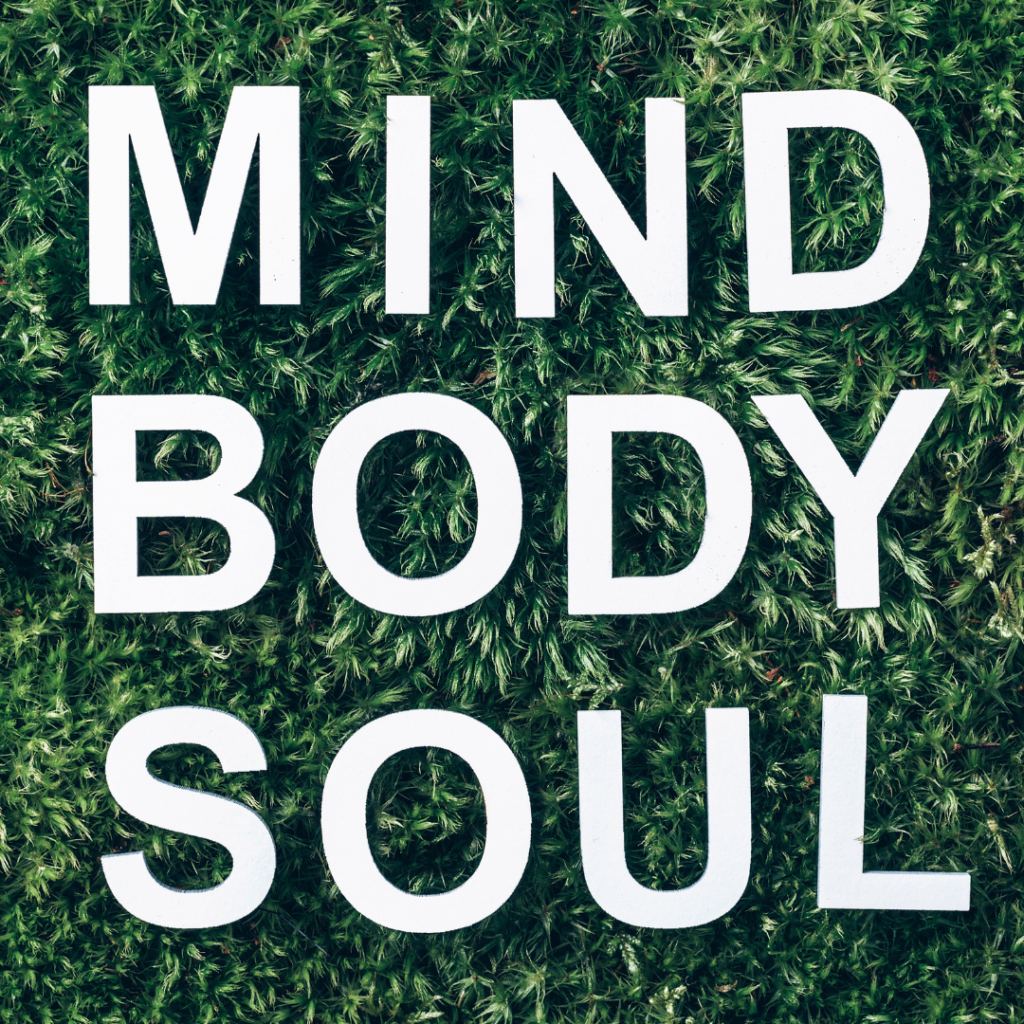When someone mentions holistic healthcare, what comes to mind? Do you think of Eastern medicine, crystals, essential oils, aromatherapy, and alternative medicine? If so, you are partly correct, but there is more to holistic health.
In a nutshell, holistic health is a multidimensional view of wellness. It focuses on the whole person: physical, mental, emotional, and social needs. All these needs are interconnected, and taking a holistic approach encourages us to examine all areas of our lives.
Holistic approaches to health are derived from ancient healing traditions that focus on achieving higher levels of wellness and preventing disease. Many of these approaches include but aren’t limited to acupuncture, chiropractic therapy, meditation, yoga, massage therapy, naturopathic therapy, and aromatherapy. Focuses on herbs, teas, food, supplements, and homeopathic remedies are also part of holistic healthcare. Combined with modern medicine and knowledge, holistic health is an excellent tool for life.
The mind and body are not separate entities. They are deeply connected, so it makes sense to examine the whole person’s health. Holistic approaches to health do precisely this. It encourages everyone to explore the whole and see if there is more to what is happening than what shows on the surface.

